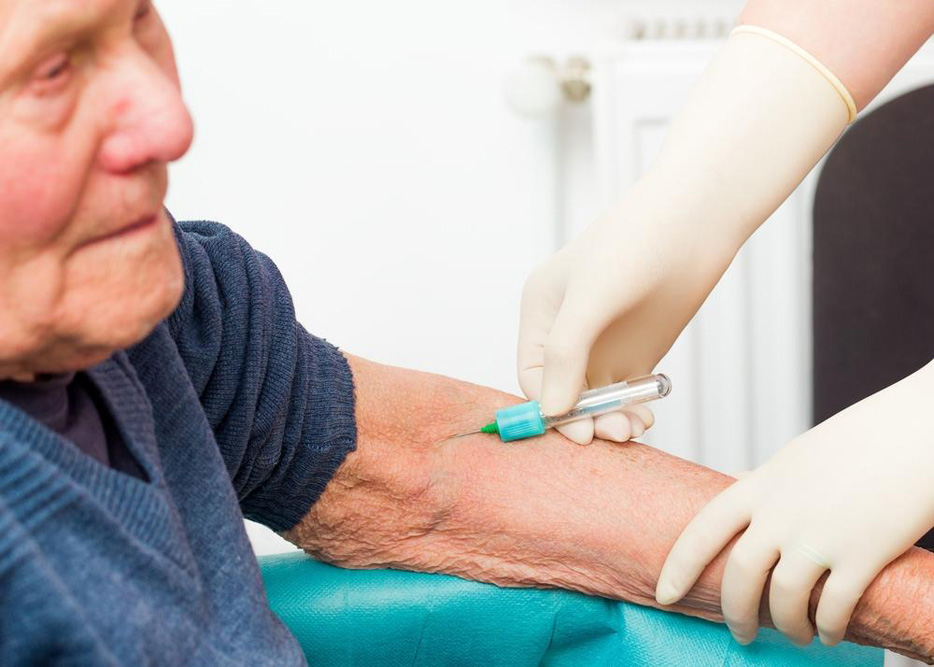Precautions to follow while taking blood thinners
Blood thinners stop formation of blood clots in the heart or in the blood vessels. These medications prevent heart attacks and strokes. However, these medications come with a drawback. Your body finds it hard to heal when you get hurt. So you need to be very careful when you are participating in physical activities like swimming, running, or playing sports. Keep a distance from adventure sports or activities. Wear helmets and if you fall, contact your doctor immediately because even if you do not see any injury externally, you may bleed internally.
When you are taking blood thinners, you need to talk to your doctor and follow the instructions carefully.

Some of the tips include:
Be on time:
Always take your medicine at the same time every day. If you are inconsistent, the medicines do not work. If you cannot remember to take your medication, set a reminder on your phone and take your pill as soon as the alarm rings. If you forget to take the pill for the day, call your doctor and ask what needs to be done.
Ask your doctor first:
Before taking any over-the-counter medicines, ask your doctor because some medicines may interfere with blood thinners and increase your risk of bleeding. Therefore, talk to your doctor before taking any vitamins or supplements as they may lead to many side effects.
Be on time:
Always take your medicine at the same time every day. If you are inconsistent, the medicines do not work. If you cannot remember to take your medication, set a reminder on your phone and take your pill as soon as the alarm rings. If you forget to take the pill for the day, call your doctor and ask what needs to be done.
Ask your doctor first:
Before taking any over-the-counter medicines, ask your doctor because some medicines may interfere with blood thinners and increase your risk of bleeding. Therefore, talk to your doctor before taking any vitamins or supplements as they may lead to many side effects.
Be careful around tools:
Even a tiny cut can turn into a big bleed when you are on these medicines. So be careful when working with sharp tools like knives, razors, and shears. If you happen to cut yourself, apply pressure until the bleeding subsides. Call for medical help, if the bleeding doesn’t stop.
Look out for Vitamin K in food:
Talk to your doctor about the food items you need to take in moderate quantity. Some green and leafy vegetables like lettuce, spinach, and Brussels sprouts are rich in Vitamin K and eating them too much can increase your risk of bleeding.
Be sensitive towards your teeth:
Your gums will be sensitive when you are on these medicines. So brush your teeth gently with a soft brush and use a waxed dental floss to clean the space between the teeth. When you visit your dentist, let them know that you are on medication to prevent blood clots so that they can take extra care during the dental procedures.
Be watchful of any side effects:
Call your doctor immediately if you see any of the following side effects:
– Bleeding gums
– Bruises for no reason
– Dizziness
– Vomiting
– Heavier menstrual periods
– Blood in urine and stools
– Severe stomach or head ache
Keep first aid ready:
Always carry bandages, dressing, and special powder to stop bleeding. In case you get hurt or you cut yourself you can apply the powder immediately and cover the wound with bandage. If the blood doesn’t seem to stop, get medical help immediately. Always wear a medical bracelet that shows that you are at bleeding risk. Keep a card in your wallet that specifies the medication you take. This will help the medical team to take precautions in emergency.
Disclaimer:
The content provided on our blog site traverses numerous categories, offering readers valuable and practical information. Readers can use the editorial team’s research and data to gain more insights into their topics of interest. However, they are requested not to treat the articles as conclusive. The website team cannot be held responsible for differences in data or inaccuracies found across other platforms. Please also note that the site might also miss out on various schemes and offers available that the readers may find more beneficial than the ones we cover.

